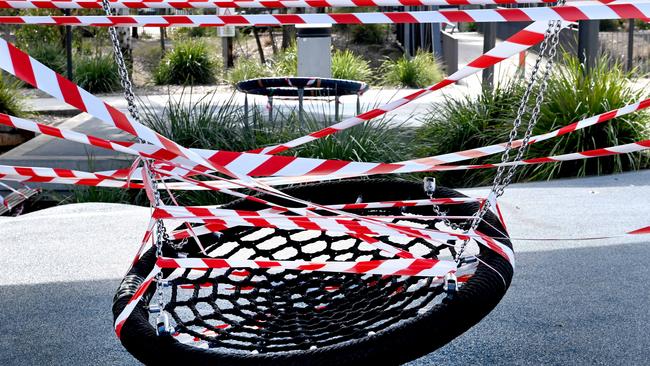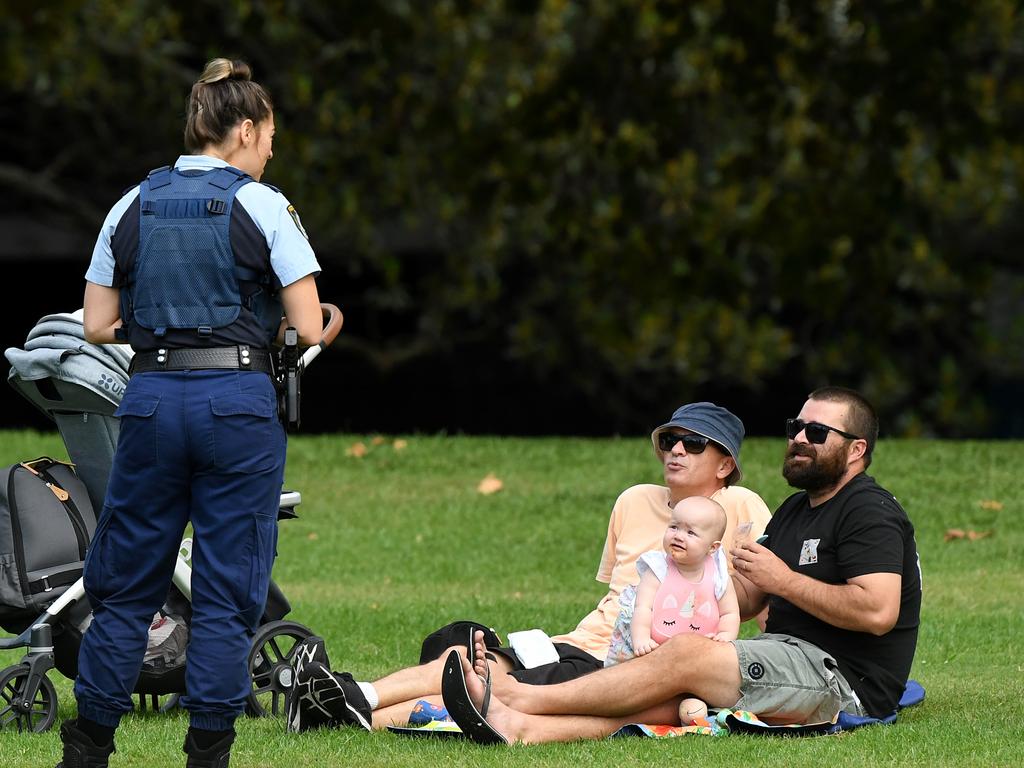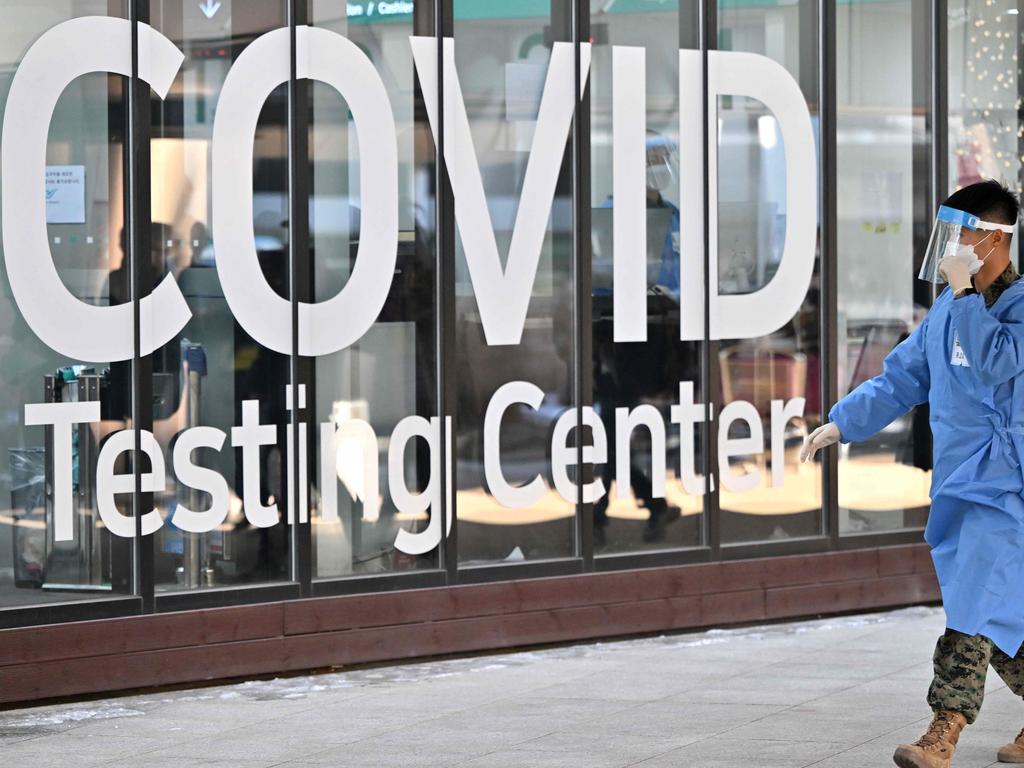Fragmented federation continues to hobble our pandemic planning, with no answers in sight
The commonwealth has constitutional powers to manage pandemics but the states hold residual power over health. Where does that leave us in future pandemics?

Government members rarely turn up to an occasion in which they’re likely to be clobbered with criticism without something in their back pocket. So it was on Tuesday, when Health Minister Mark Butler frankly confronted the reality of the fallout over public health of Covid-19.
The panacea for the future that Butler presented was in the form of an independent Centre for Disease Control, to ensure that in future pandemics Australia has a reliable body central to the health response, to collect and distribute data transparently, and co-ordinate with overseas jurisdictions. It’s a welcome move, but big questions remain.
The nation has some very big problems on its hands post-Covid arising as a result of decimated trust in public health. The overreach in some aspects of the pandemic response inflicted deep, lasting damage in terms of widespread loss of trust in authorities and public health.
The country in some senses resembled a police state, with absurd fines issued to people peacefully sitting in parks drinking coffee and committing the sin of not exercising. Many aspects of vaccine mandates went too far. Border closures were cruel and unnecessary, premiers lied when they said they were following health advice in some instances and took measures that were politically motivated. As the months and years went on, people felt resentful, they rebelled, they turned to conspiracy theories, and now there is a not insignificant subset of people who simply don’t believe health information anymore, even if it is reliable. The most devastating aspect of this is plummeting childhood vaccination rates since the pandemic and, in some pockets of the nation, the re-emergence of dangerous diseases previously eradicated.
As Butler says, trust is hard to gain and easy to lose. But this performance of a post-pandemic policy autopsy must grapple with bigger themes, in particular constitutional themes.
Because while an independent CDC is a welcome new institution for the country, it’s not clear such a body will actually be in charge when the next pandemic comes along.
The commonwealth has several heads of constitutional power to manage pandemics, but the states hold residual power over health and have far more and, like so many aspects of Australia’s fragmented health policy environment, there is still no clear mechanism for ensuring a state premier won’t maniacally close borders or tape up children’s playgrounds.
The reality of the governance of our federation means that when it comes to health, premiers can do pretty much what they like.
This problem shouldn’t be insurmountable. We run hospitals through national agreements, and the commonwealth managed to legislate and fund Medicare through federal heads of power.
A CDC is an excellent move in preparing us for the next pandemic, but these bigger legislative and constitutional questions are very much worth trying to resolve now to guard against panic and state overreach when the next virus hits.






To join the conversation, please log in. Don't have an account? Register
Join the conversation, you are commenting as Logout